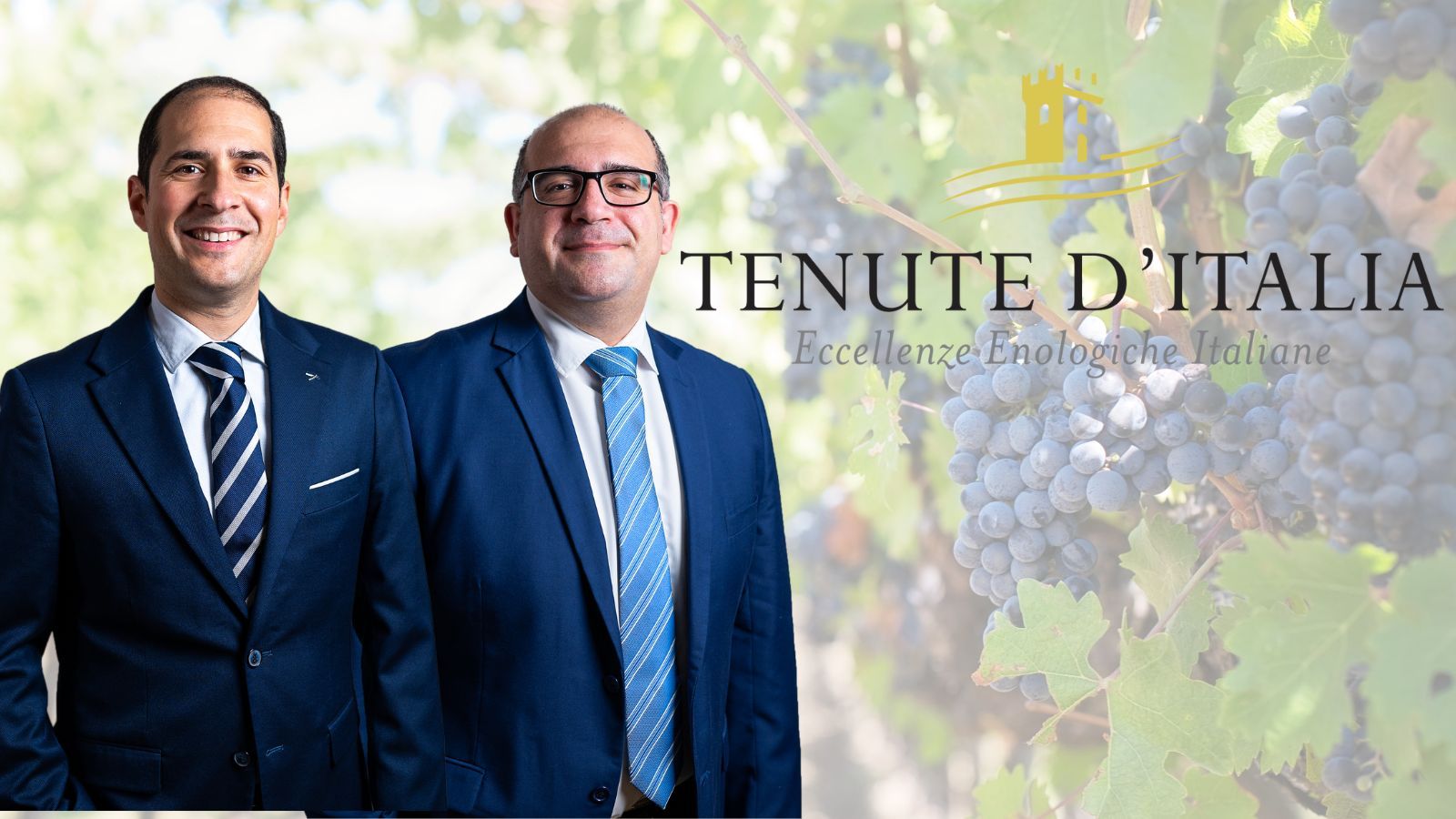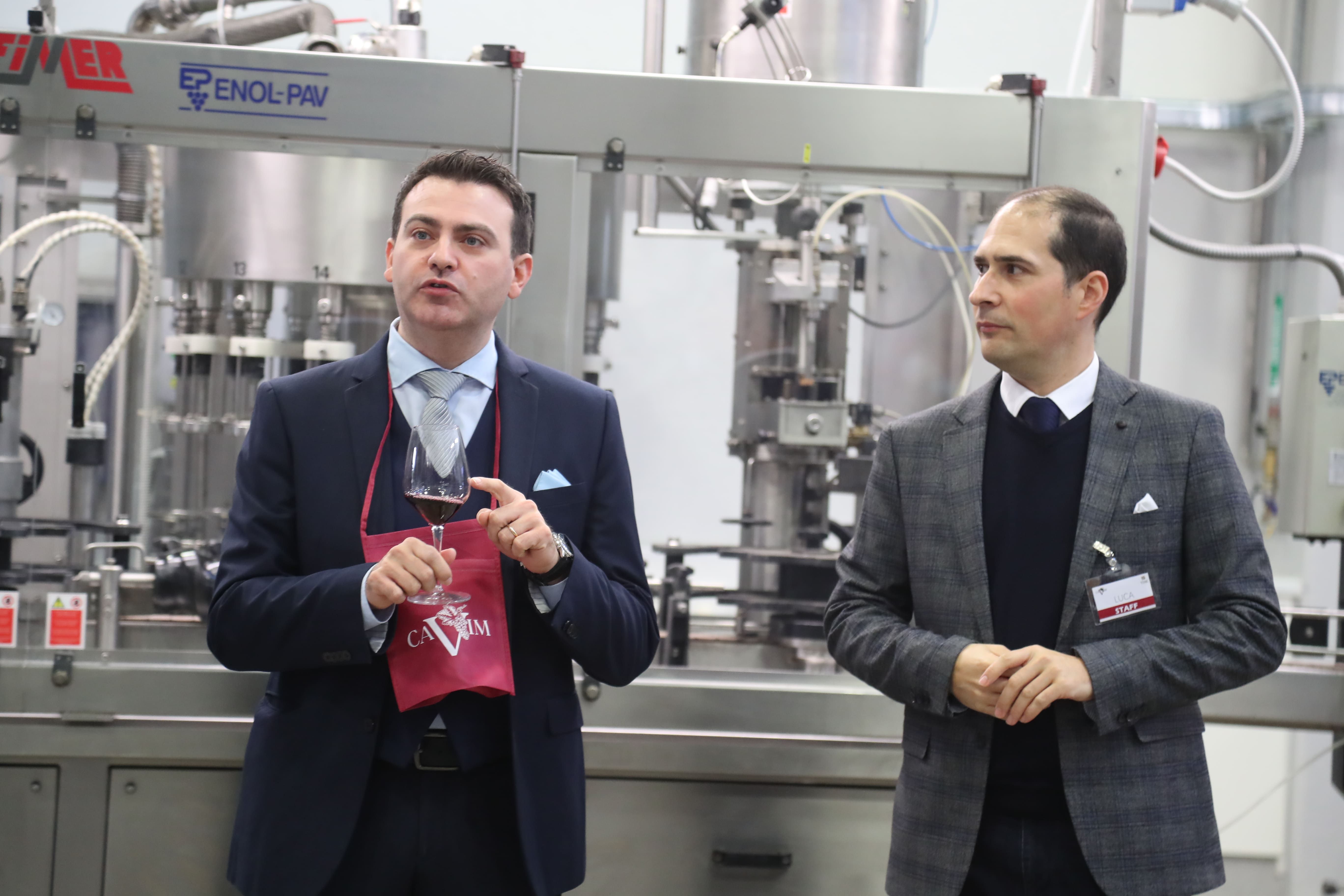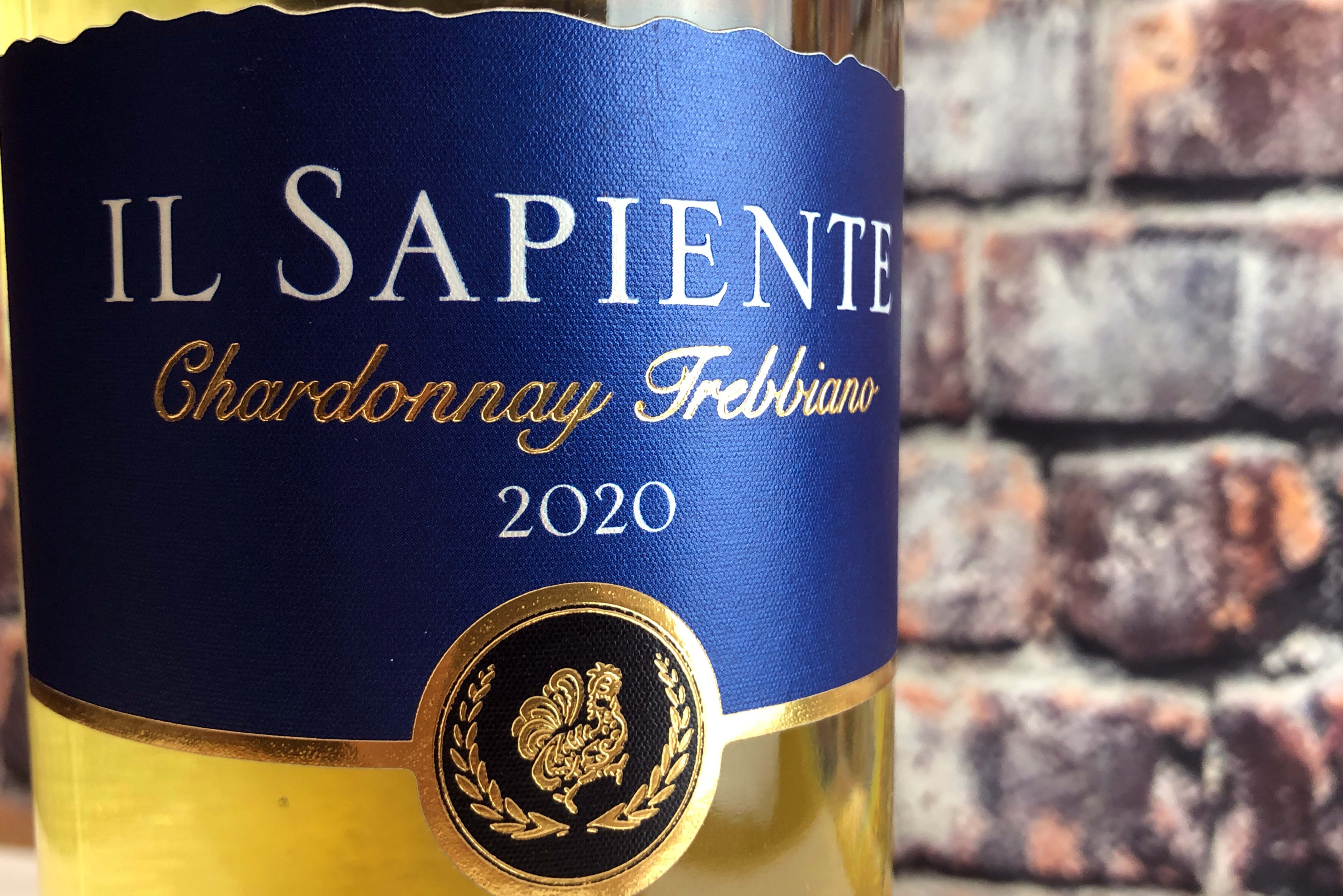[Our] White Vinification: the Fermentation - part 1

[READ THE PREVIOUS ARTICLE - [Our] White Vinification: the Must]
So the yeasts are inoculated into the must and start the alcoholic fermentation which will transform the must into wine.
Yes, but not only that. In order for the yeast to work best we need to make sure we keep it strong. In this sense, a yeast behaves just like us human beings: to give of its best it needs to be nourished. The more precise the management of this nourishment, the greater the health of the organism. So during the entire fermentation process we will take care to check the condition of our yeasts, supplying them with specific nutrients - all absolutely natural - to maintain their high performance, both at a quantitative level - in terms of work rate - and qualitative, guaranteeing the optimal development of the aromatic qualities of our wine.
Your supervision, then, must remain pretty constant throughout the fermentation.
Definitely! Controlling the progress of fermentation is crucial to guaranteeing the quality of the final product: the process can in fact be neither too fast nor too slow. In the first case there is a risk of a real stress of our yeasts, which, working at too high a rate, can run out of nutrients and, consequently, develop unpleasant aromas in the must, such as the hint of rotten egg. If, on the contrary, fermentation is too slow, there is an equally serious risk of blocking the fermentation, which would cause a significant loss of aromatic components and would require a second inoculation of yeasts, a practice that is generally always discouraged.
But how is it possible to effect this type of control?
Nature once again provides us with the most precious tool: by controlling the temperature at which fermentation takes place, we are able to manage and regulate this delicate process. Usually for a white we work between 10°C and 15°C, always depending on the specific type of wine we want to obtain.
Featured
Follow us

Tenute D'Italia is a trade mark of Morini s.r.l.
VAT 00615541208 e 03367140377
Tel +39 0542 641194 - Imola (BO) Italy







